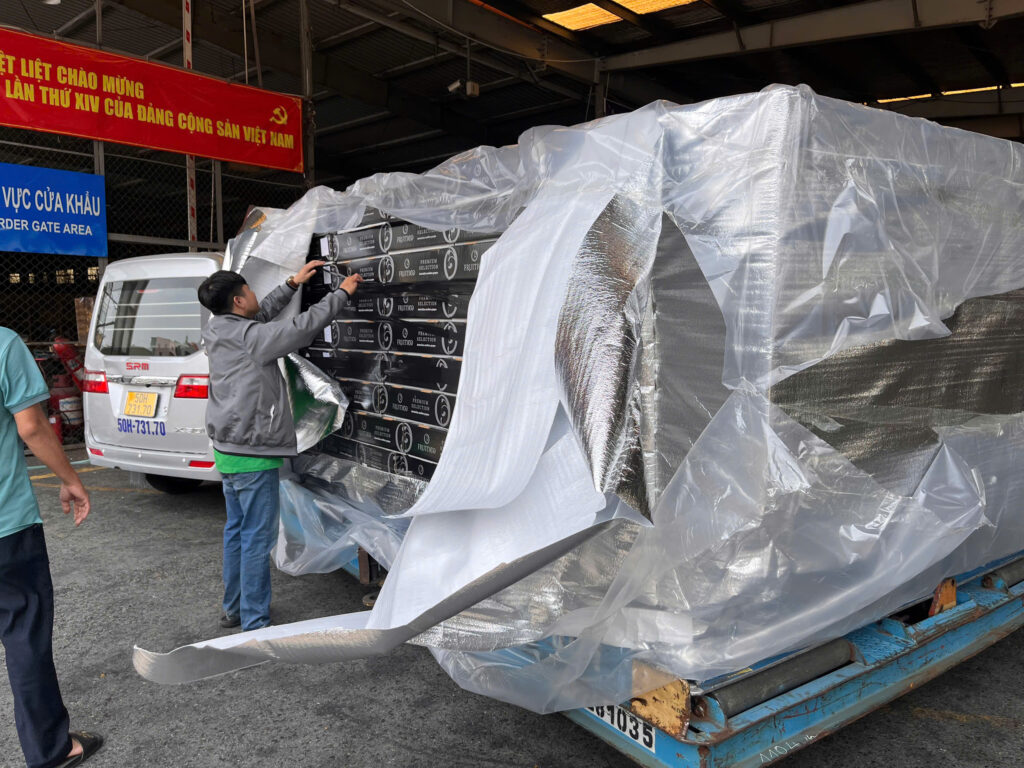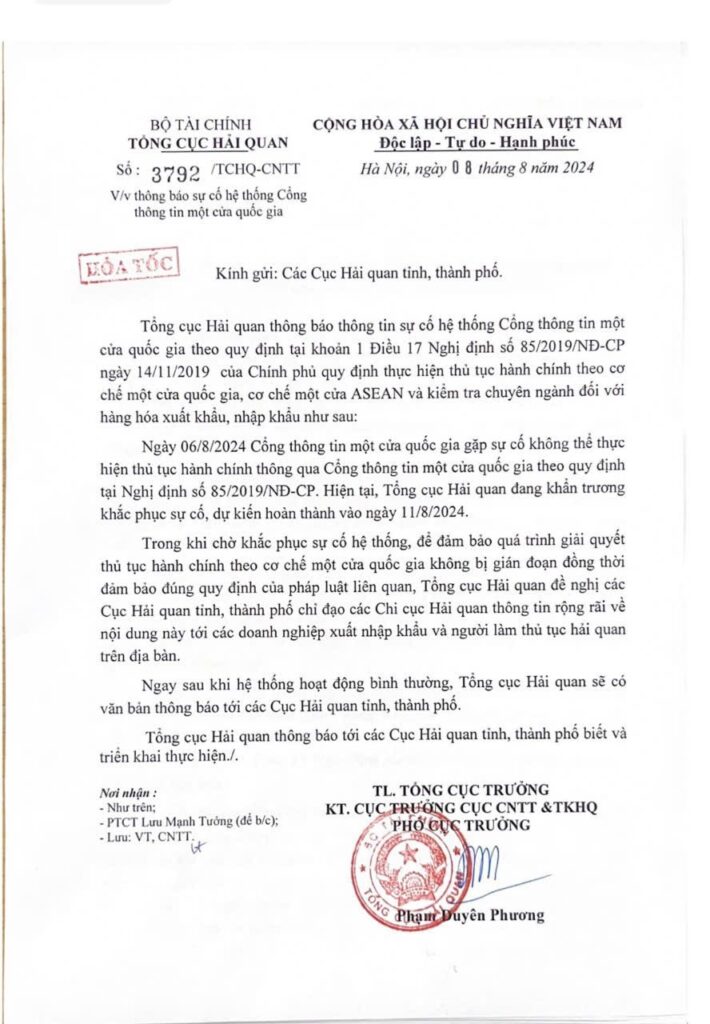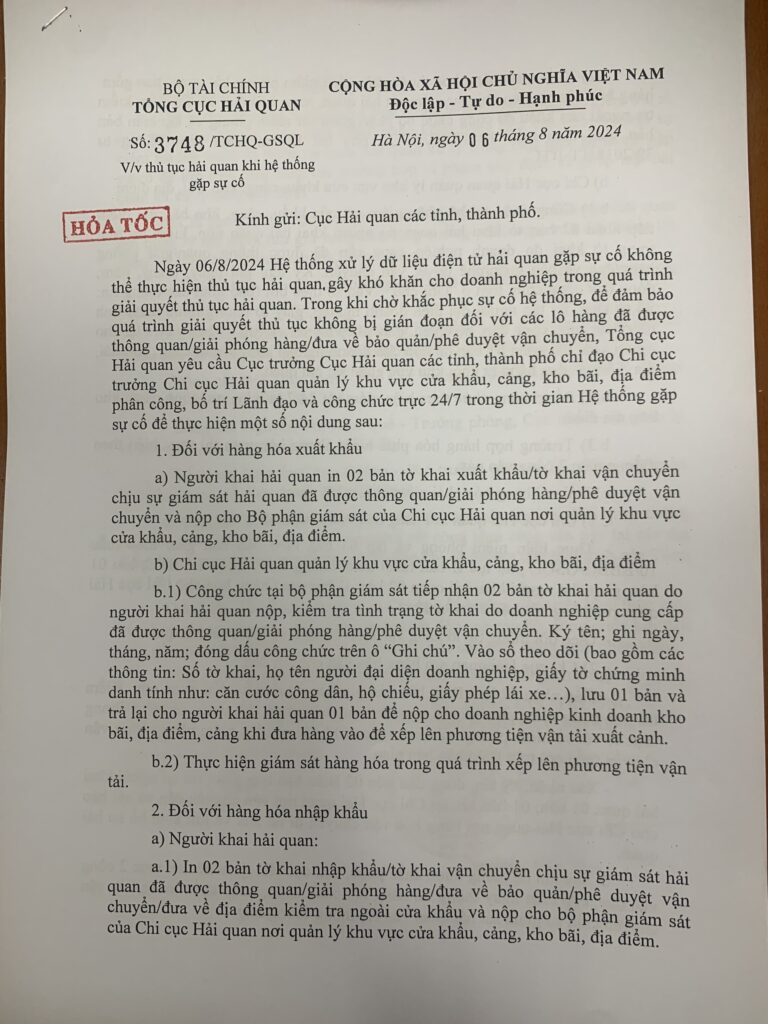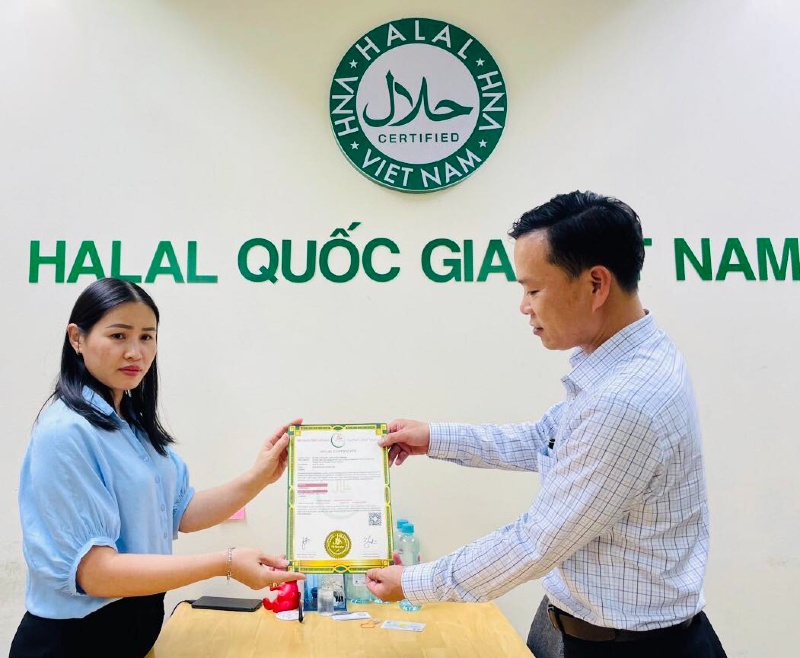The $100 billion mobilization plan was first announced in 2019, according to which rich countries will lend to the IMF based on Special Drawing Rights so that the IMF can lend to vulnerable economies.
On June 22, Director General of the International Monetary Fund (IMF) Kristalina Georgieva announced that rich countries have achieved the goal of reallocating 100 billion USD in this organization's funds to respond to climate change. and poverty in developing countries.
In an interview with the press within the framework of the New Global Financial Compact Summit in Paris (France), Ms. Georgieva emphasized that the IMF has achieved its goal of mobilizing 100 billion USD for the above efforts.
Before the conference, the IMF still needed an additional 40 billion USD to achieve this goal.
The $100 billion mobilization plan was first announced in 2019, whereby rich countries will lend to the IMF based on Special Drawing Rights (SDR) so that the IMF can lend to vulnerable economies. get a loan.
SDRs are a form of foreign exchange reserve asset created by the IMF in 1969 and are allocated to participating countries based on their contribution to the IMF budget.
Before the conference, France and Japan announced that the two countries would redeploy their 30% SDRs to contribute to this purpose.
Both the IMF and the World Bank (WB) in recent years have introduced many policies to help countries cope with climate change.
Last year, the IMF launched the Resilience and Sustainability Trust (RST), with a capital of $40 billion, to provide long-term loans to finance related projects.
Bangladesh, Barbados, Costa Rica and Rwanda were the first countries to benefit from IMF funding.
Meanwhile, the World Bank (WB) under the leadership of former President David Malpass sought to double climate financing ($32 billion) and launched an action plan to combat climate change. global warming from 2021 to 2025.
However, both of these international financial institutions admit that their financial capacity is currently insufficient to meet the needs of developing economies, which the IMF estimates will amount to 1,000 billion USD/year. year in 2025.
On the same day, also within the framework of the above event, WB Director Ajay Banga announced a series of measures to support countries affected by natural disasters, including postponing debt repayments for borrowing countries.
The move aims to increase financial support for low-income countries to respond to crises, reform post-war financial systems and free up funds to respond to climate change by achieving Top-level consensus on ways to promote the implementation of a number of initiatives that are facing difficulties in organizations such as the Group of leading developed and emerging economies in the world (G20), IMF, and United Nations.
Also on the same day, chairing the conference, French President Emmanuel Macron said that no country should have to choose between solving poverty and responding to climate change.
According to him, the world needs a "public finance shock" to cope with these challenges, but the current system is not suitable to solve them.
Therefore, the French leader called on world leaders, the private sector and international organizations to take immediate action to change the way the global financial system operates to strengthen confidence. people's trust.
He believes that the next two years will be a very important time for these efforts.
Meanwhile, United Nations Secretary General António Guterres said that current global financial institutions are too small and their ability to perform their tasks is limited.
Overall, this structure is outdated, dysfunctional, and inequitable, thus failing to fulfill its mission of providing a global safety net for developing nations.
The new Global Financing Compact Summit aims to find financial solutions for globally linked goals to tackle poverty, limit planet-warming emissions and protect nature. .
Attending the opening conference on the same day were US Treasury Secretary Janet Yellen, European Commission President Ursula von der Leyen and dozens of heads of state and leaders of other international organizations around the world./.
Read the original article here This.








